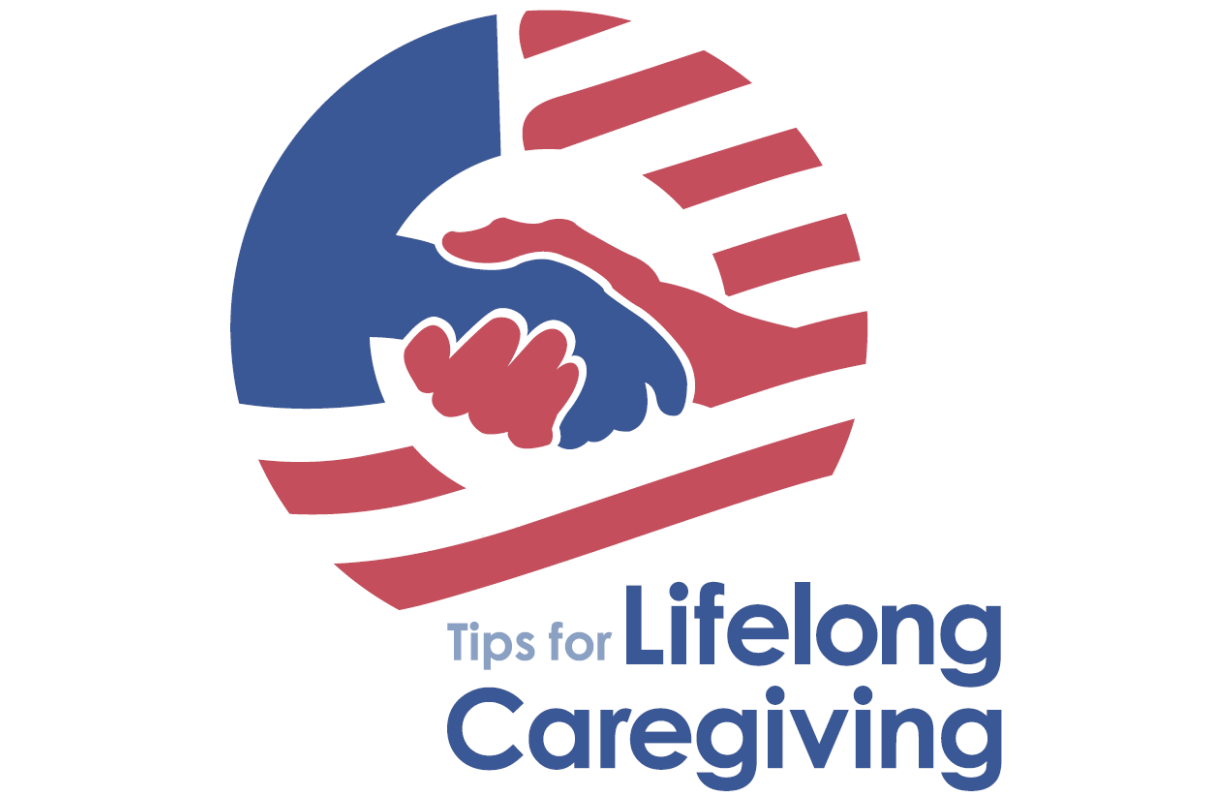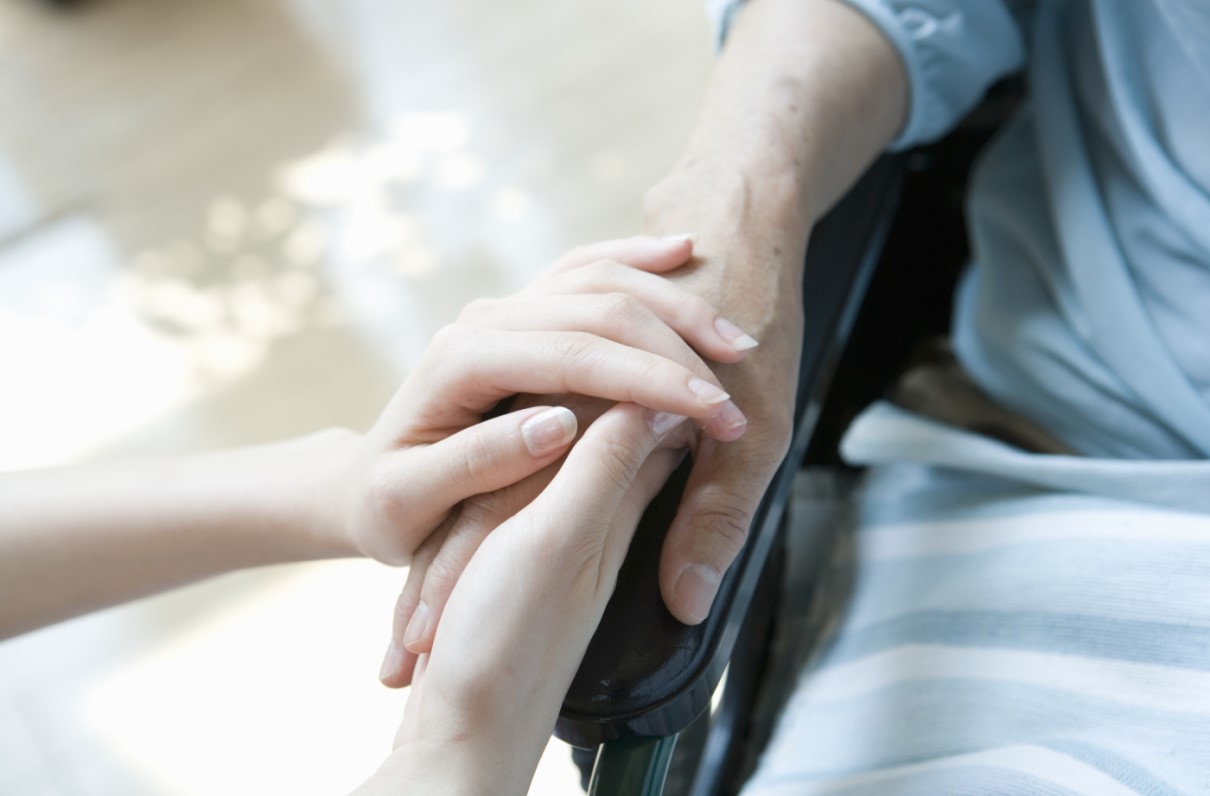Editor’s note: This article by Patricia Kime originally appeared on Military.com, a leading source of news for the military and veteran community.
The Department of Veterans Affairs will extend benefits through 2025 for veterans who joined its family caregiver program under the original eligibility criteria, it announced Sept. 15.
The extension for the veterans and their caregivers, known as "legacy" participants, will run through Sept. 30, 2025, while the VA continues to review the program, including eligibility criteria that were changed in 2020 as the department prepared to expand the program to veterans from all eras -- a requirement of the 2018 Mission Act.
The announcement comes six months after the VA paused discharges from the Program of Comprehensive Assistance for Family Caregivers -- dismissals that resulted from a change in eligibility that was expected to make one-third of the 19,000 participants ineligible. Officials realized, after the removals began, that the new criteria actually would have eliminated about 90% of participating families.
Following the criteria change, caregivers of post-9/11 veterans said they were being unfairly dismissed from the program, explaining assessments under the new rules did not account for veterans who require supervision and protection and focused only on severe physical disabilities.
The family caregiver program provides benefits to eligible veterans and caregivers that include support; respite care; health care; and stipends, ranging from roughly $1,000 to $3,000, that were meant to reimburse a family member or friend for the care they provide to a veteran in lieu of a home health aide.
VA Caregiver Support Program Executive Director Colleen Richardson said the extension would provide support to caregivers as the department works to improve the program.
"This extension allows us to continue supporting this cohort of veterans and caregivers, while VA separately conducts program improvement initiatives aimed at ensuring the Program of Comprehensive Assistance for Family Caregivers addresses the unique needs of veterans of all eras and their caregivers," Richardson said in a press release.
[RELATED: New VA Video Outlines Dangers of ‘Pension Poaching’]
The extension applies to legacy participants who were enrolled as of Sept. 30, 2020, as well as those who applied before Oct. 1, 2020, and were accepted into the program after that date, according to a VA release.
"We will stop at nothing to make sure veterans and their caregivers get the support they need and deserve, and this extension is a key part of that effort," VA Deputy Secretary Donald Remy said in a statement.
VA officials had said the revised eligibility rules were meant to help the agency abide by a 2018 law that expanded the program. Severely injured veterans of previous wars were made eligible, while the more narrow eligibility rules overall were intended to allow the program to cover more veterans from all conflicts without radically increasing its costs.
Those rules limited program eligibility to veterans with a 70% or higher disability rating and those who are unable to perform a number of self-care activities each day.
Sen. Jon Tester, D-Mont., who chairs the Senate Veterans Affairs Committee, praised the move following the VA's announcement, calling it "great news" for veterans and caregivers who can now "breathe easy knowing they will keep receiving" support.
"While there's still work to be done, the Biden administration's swift action will ensure legacy veterans and their caregivers are not discharged from a program that has made a difference for so many," Tester said.
The program, which originally was established for post-9/11 combat veterans and expanded last year to include those who served before May 1975, is expected to broaden again this October to include veterans who served between the end of the Vietnam War and Sept. 10, 2001.
 Tips for Lifelong Caregiving
Tips for Lifelong Caregiving
MOAA has partnered with the Elizabeth Dole Foundation to provide an online resource outlining legal and financial support available to multiple generations of caregivers.
